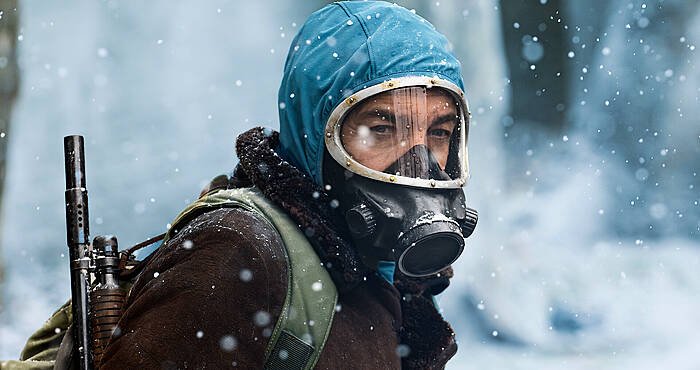Los Angeles, July 18 (UNI) In a significant technological leap, Netflix has, for the first time, integrated generative artificial intelligence into the visual effects of one of its original productions, marking a watershed moment in digital storytelling.
Netflix’s co-chief executive Ted Sarandos said the AI-generated sequence, which vividly portrays a building collapse, was featured in the Argentine science fiction series “The Eternauts”. The technology, capable of producing high-fidelity imagery from textual prompts, enabled the creative to render the sequence with unprecedented speed and reduced expenditure, reports BBC.
The generative AI used in “The Eternauts” helped its production team to complete a sequence showing the collapse of a building in Buenos Aires 10 times faster than if they had used traditional special effects tools, he said.
“The cost of it would just wouldn’t have been feasible for a show in that budget. That sequence actually is the very first (generative) AI final footage to appear on screen in a Netflix original series or film. So the creators were thrilled with the result,” said Sarandos.
Sarandos made his comments as Netflix announced a 16% rise in revenue to $11bn (£8.25bn) for the three months to the end of June compared to the same period last year. Profits rose from $2.1bn to $3.1bn.
The streaming firm said the better-than-expected performance was boosted by the success of the third and final series of South Korean thriller Squid Game, which has so far attracted 122 million views.
However, while the integration of AI heralds a new frontier in content creation, it has also sparked contentious debates within the creative community. Artists, actors and writers have voiced deep-seated concerns over the ethical and legal ramifications of AI’s use in content creation, particularly regarding authorship, compensation and originality.
AI was among the key concerns raised during a Hollywood strike in 2023. During the three-month walkout, the Screen Actors Guild-American Federation of Television and Radio Artists union called for tighter regulation of the use of AI.











